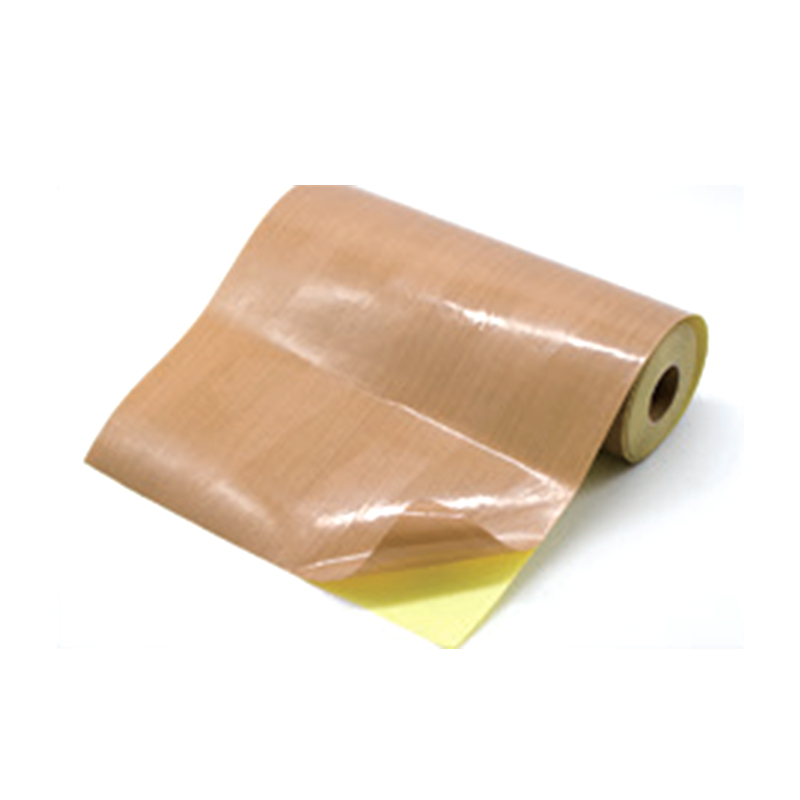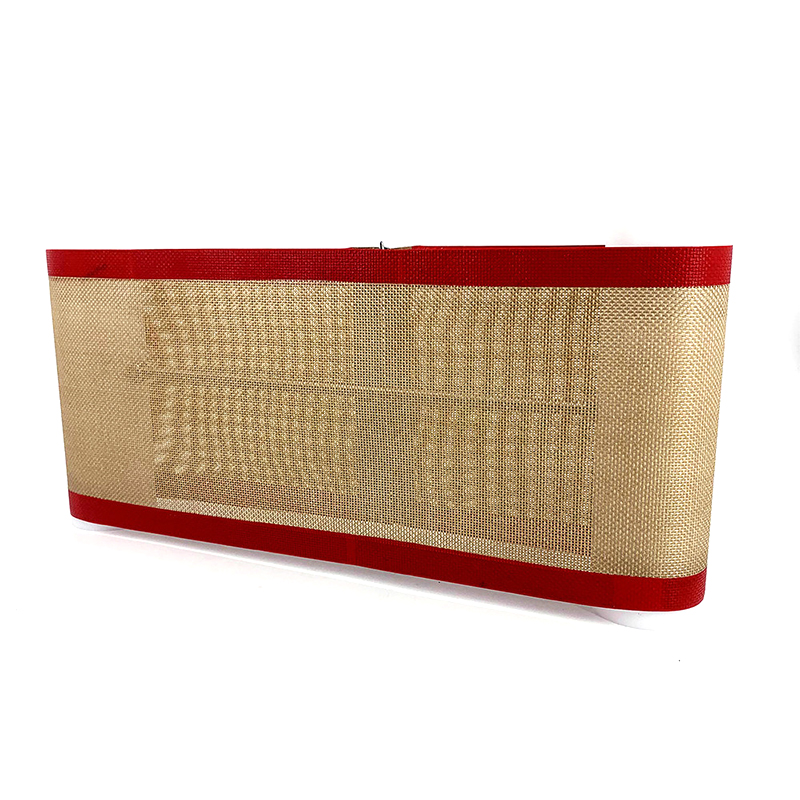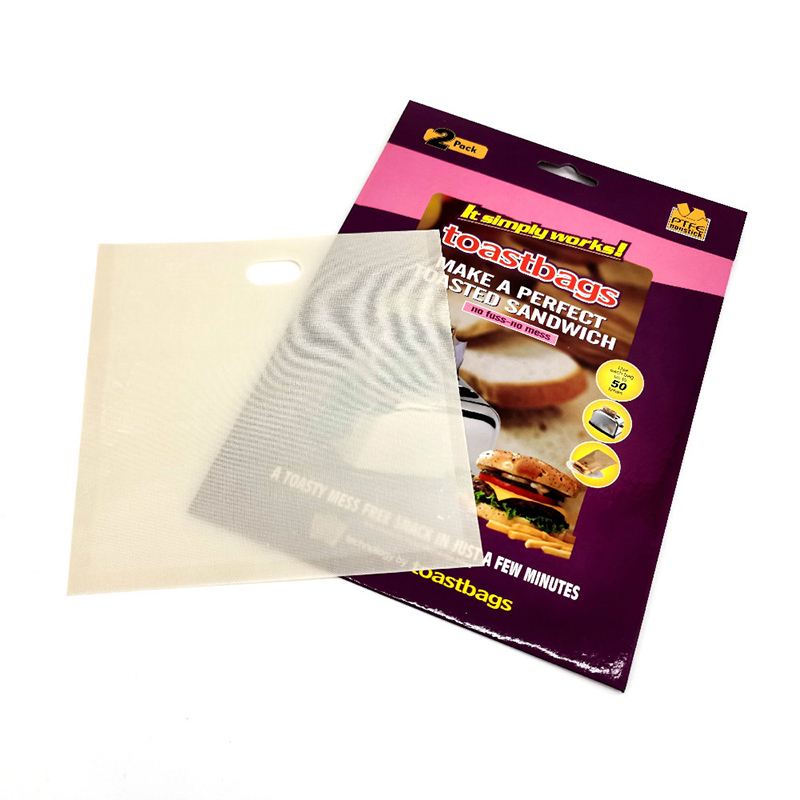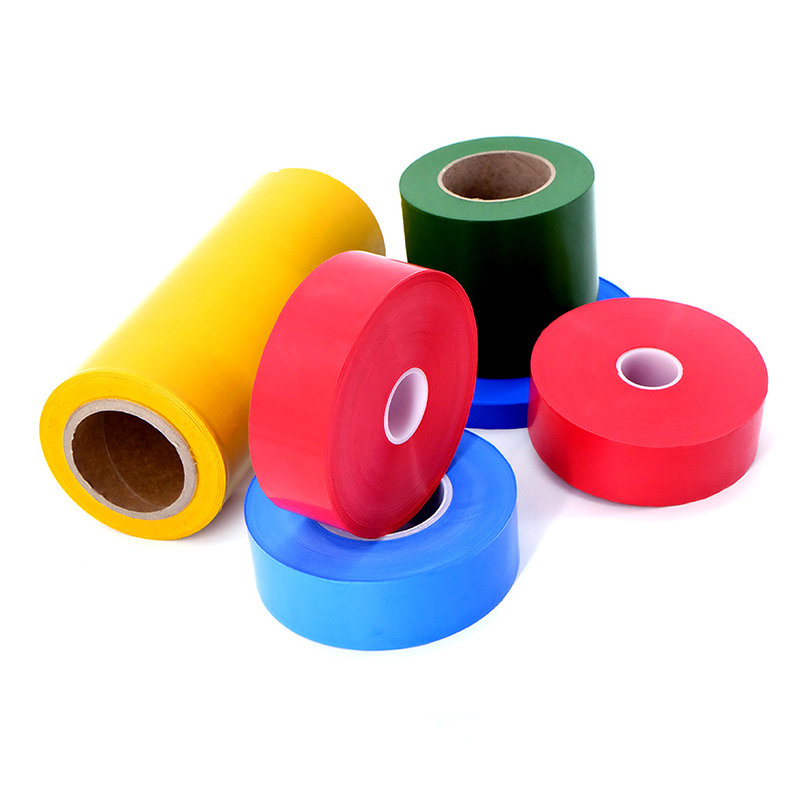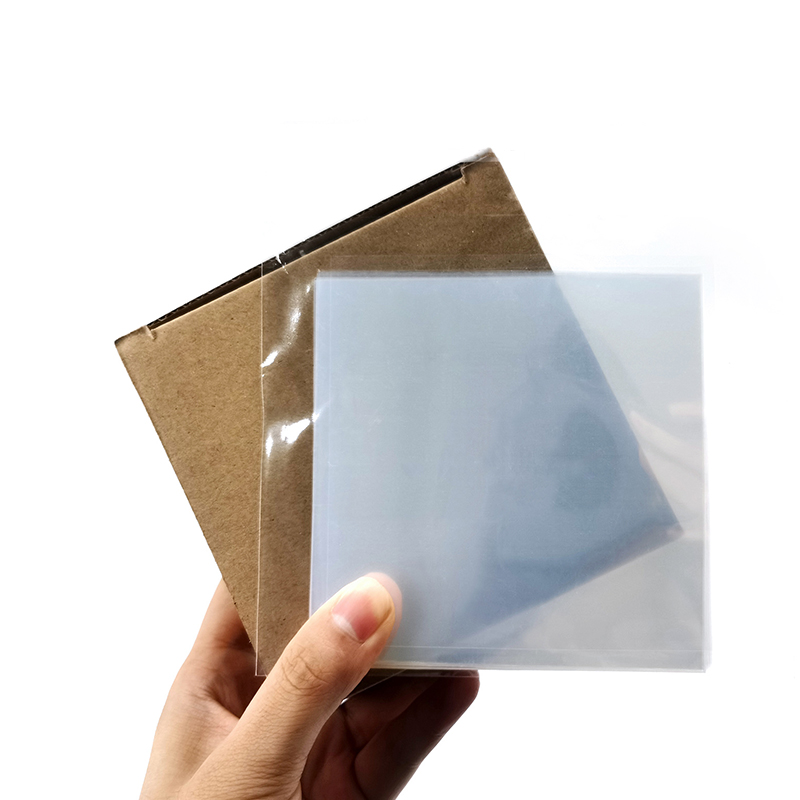Chemical stability of High Temperature Resistant Skived PTFE Virgin Films
The chemical stability of High Temperature Resistant Skived PTFE Virgin Films is a highlight among its many excellent properties. Polytetrafluoroethylene (PTFE), as a synthetic polymer material, has good chemical stability due to its unique molecular structure and chemical properties.
1. Molecular structure basis
The molecular structure of PTFE is composed of tetrafluoroethylene monomers connected by covalent bonds to form a long-chain polymer. In this structure, fluorine atoms tightly surround carbon atoms to form a dense protective layer. Fluorine atoms have extremely strong electronegativity and can effectively resist the attack of external chemicals, thus giving PTFE film excellent chemical stability.
2. Chemical stability performance
Strong acid and alkali resistance:
High Temperature Resistant Skived PTFE Virgin Films can resist the erosion of almost all strong acids and alkalis. Even under extreme conditions, such as strong corrosive media such as hydrofluoric acid, aqua regia or fuming sulfuric acid, PTFE film can maintain its original performance and shape. This property makes it an ideal material for handling corrosive substances in the fields of chemical and pharmaceutical industries.
Resistance to organic solvents:
In addition to strong acids and alkalis, PTFE film can also withstand the erosion of various organic solvents. This includes widely used organic solvents such as hydrocarbons, alcohols, ethers, ketones, etc. Therefore, PTFE film can also play an good role in industrial processes that need to handle these solvents.
Chemical inertness:
High Temperature Resistant Skived PTFE Virgin Films exhibits extremely high chemical inertness to most chemicals. This means that it will not react chemically with these substances, thereby maintaining its original chemical composition and properties. This property enables PTFE film to maintain its stability and reliability in situations where it needs to be exposed to complex chemical environments for a long time.
3. Chemical stability at high temperature
Although PTFE film has excellent chemical stability at room temperature, its performance at high temperature is equally impressive. Under high temperature conditions, many chemicals become more active and corrosive, but PTFE film can continue to maintain its stability. This is due to its high melting point and good thermal stability, which enables PTFE film to be used for a long time in a high temperature environment without decomposition or deterioration.
IV. Application Examples
Due to its excellent chemical stability, High Temperature Resistant Skived PTFE Virgin Films has been widely used in many fields. For example, in the petrochemical industry, the film is used as a material for key components such as corrosion-resistant pipes, tank linings, pump valve seals, etc., effectively resisting the erosion and damage of various chemicals. In the field of medical equipment, PTFE film is also used to manufacture key components such as hemodialysis membranes, ensuring the safety and treatment effect of patients.
High Temperature Resistant Skived PTFE Virgin Films plays an important role in many fields with its excellent chemical stability. Its unique molecular structure and chemical properties enable it to resist the erosion of various strong acids, strong alkalis, organic solvents and other chemicals, thereby maintaining its stability and reliability in various harsh environments. This characteristic not only provides reliable material guarantees for industrial production and medical equipment, but also creates a safer and healthier living environment for people.
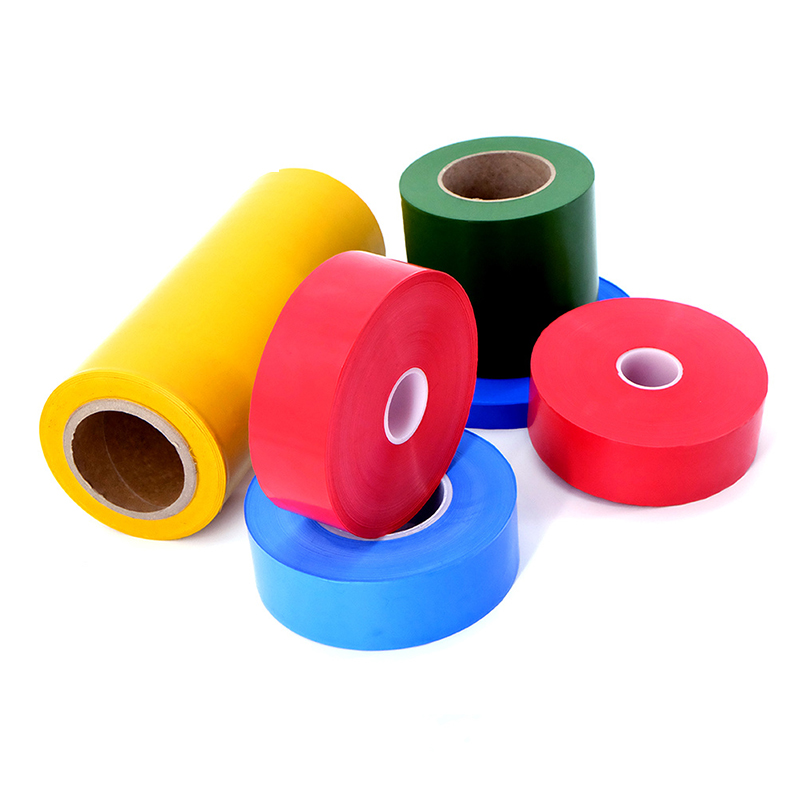



 English
English Español
Español русский
русский
